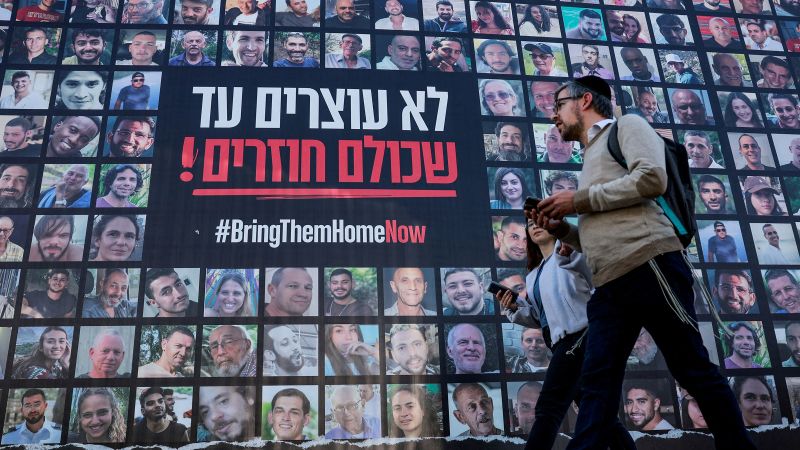T4K3.news
Hamas shows willingness to negotiate as Israeli hawks resist
Hamas accepts a 60-day pause and hostage release proposal; Israeli lawmakers remain divided and push for a full end to Hamas.
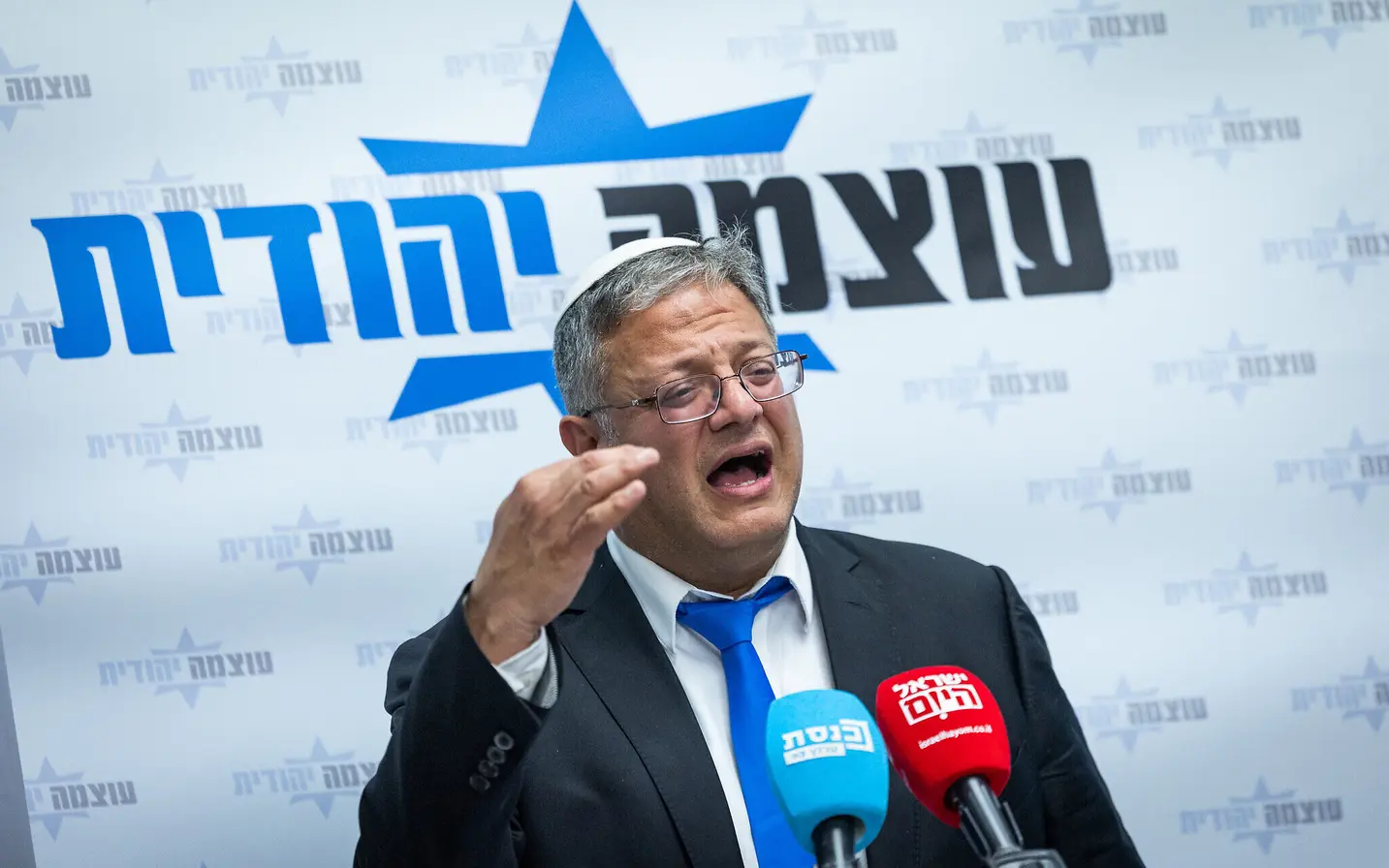
Hamas signals a ceasefire plan while Israeli hawks fight it and hostage families press for a full agreement.
Hardline ministers push for total victory as hostages families demand accord
Hamas told mediators it accepted a proposal that would pause fighting for 60 days and release 10 living hostages in exchange for 150 Palestinian prisoners, with bodies of slain captives also to be returned. The talks, taking place in Cairo with Egyptian mediation and backing from Qatar and the United States, aim to secure a broader deal before Israel moves on to Gaza City. Mediators describe the proposal as a potential first step toward a wider ceasefire and a longer-term framework.
Within Israel, the position is deeply divided. Far-right National Security Minister Itamar Ben Gvir rejected any partial agreement, insisting that Israel must continue its effort against Hamas and warning that the war cannot be compromised. Finance Minister Bezalel Smotrich argued the group is under pressure because of Israel’s planned assault on Gaza City, and warned against giving Hamas a lifeline. Opposition leader Benny Gantz urged the government to act decisively, saying there is broad public support for bringing the hostages home. Haredi parties in the coalition expressed support for a hostage release, while Defense Minister Israel Katz cautioned that Hamas may be engaging in talks out of fear of an offensive. The Hostages and Missing Families Forum called for continuous negotiations and warned against torpedoing any deal. Netanyahu signaled readiness to press ahead with the planned operation, while also noting that Israel remains focused on a comprehensive settlement that includes all hostages and security guarantees.
Key Takeaways
"You have no mandate to go for a partial deal. The blood of our soldiers is not worthless. We must go all the way. Destroy Hamas."
Ben Gvir's call for a full-scale approach and rejection of partial deals.
"Continue to the end, win and return all the hostages in one stage."
Smotrich arguing against delays and for a unified hostage release.
"Netanyahu, this is not the time to hesitate, it is the time to make the right decisions for the people of Israel and Israel’s security."
Gantz urging decisive action to support hostage release and security.
"The people will not allow the prime minister to torpedo yet another deal."
Hostages and Missing Families Forum reacting to negotiations.
The episode exposes a tension at the heart of modern war politics: the urge for a quick, tangible outcome versus the risk of overcommitting to a deal that could backfire if Hamas gains time or international standing. The loudest voices in the coalition frame any partial agreement as a fatal error, betting on deterrence through force. Yet mediators frame a staged path — a pause now, broader talks later — as a pragmatic route to de-escalation. The clash of perspectives risks a standoff that could delay action and frustrate families who demand continuous engagement. In the wider context, regional mediators hope a measured step could preserve credibility with international partners while avoiding a complete collapse of negotiations. The coming days will test whether political lines, not soldiers on the ground, decide the fate of hostages and civilians in Gaza.
Highlights
- Pressure builds as talks unfold, but timing matters more than rhetoric
- Dialogue without deliverables fuels the clock and the fear
- Mediators see a path not a promise, a step not a solution
- Families demand action not excuses and deserve certainty
Political sensitivity and potential backlash in ongoing Gaza talks
The article discusses high-stakes negotiations, internal party divisions, and potential public backlash. The content involves political decisions, security risk, and international mediation, which could invite political criticism or domestic strife.
The trajectory of talks will reshape both the security calculus and the political narrative at home.
Enjoyed this? Let your friends know!
Related News
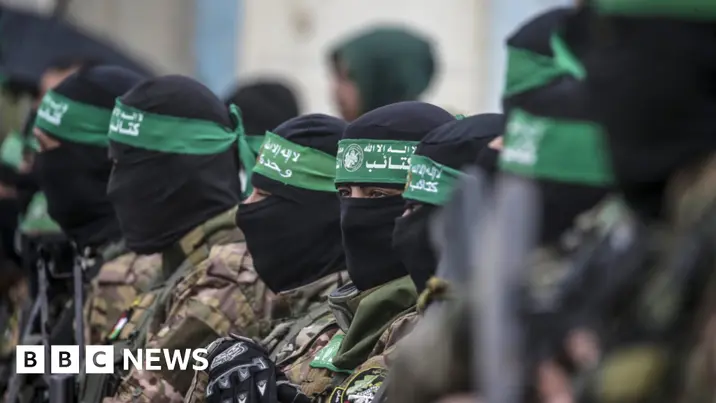
Hamas insists on statehood before disarmament
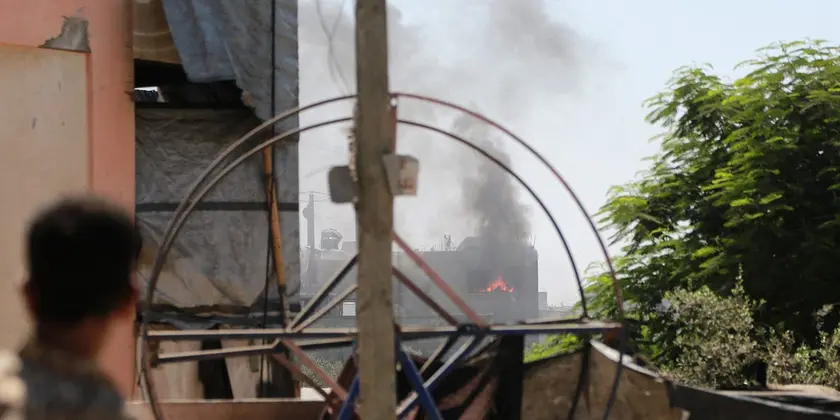
Hamas Concessions Open Path to Gaza Ceasefire Talks
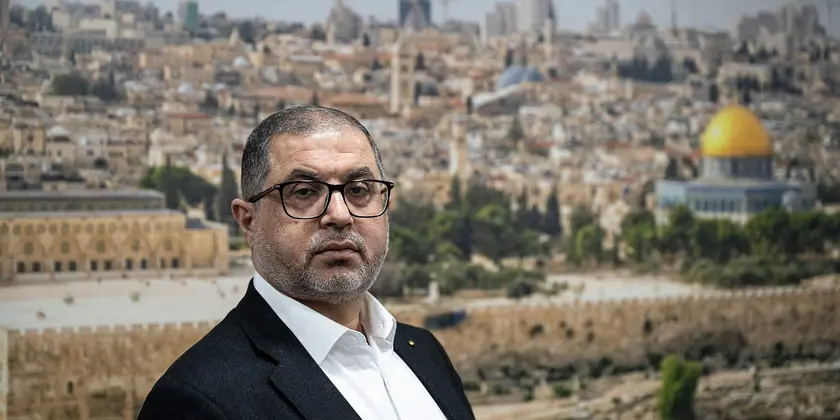
Hamas backs talks on end to Gaza war
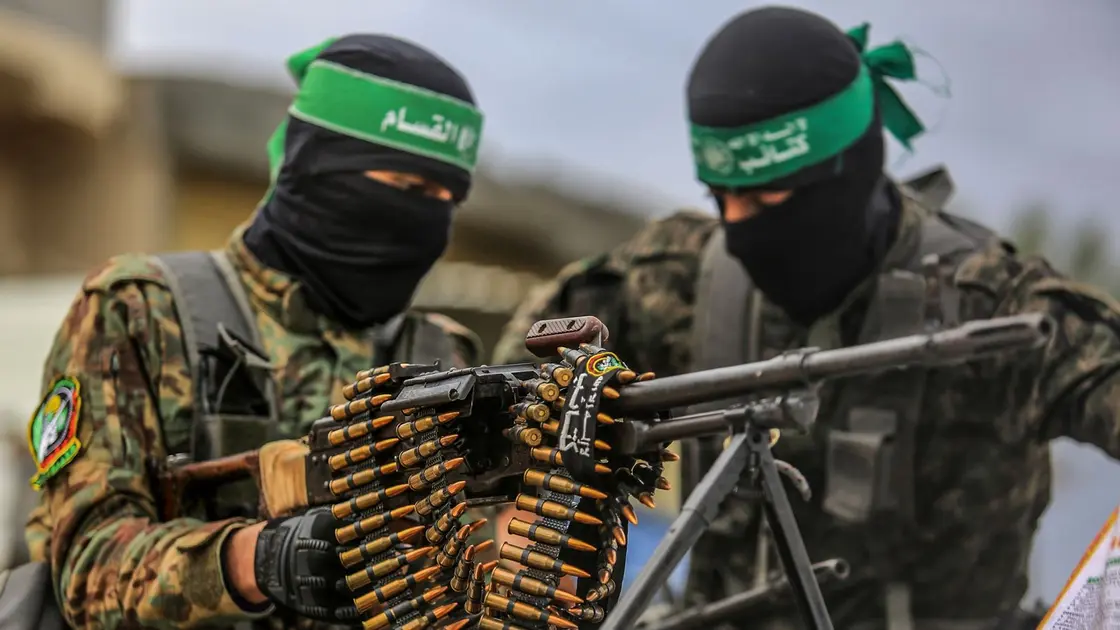
Hamas will not disarm until Palestinian state is recognized
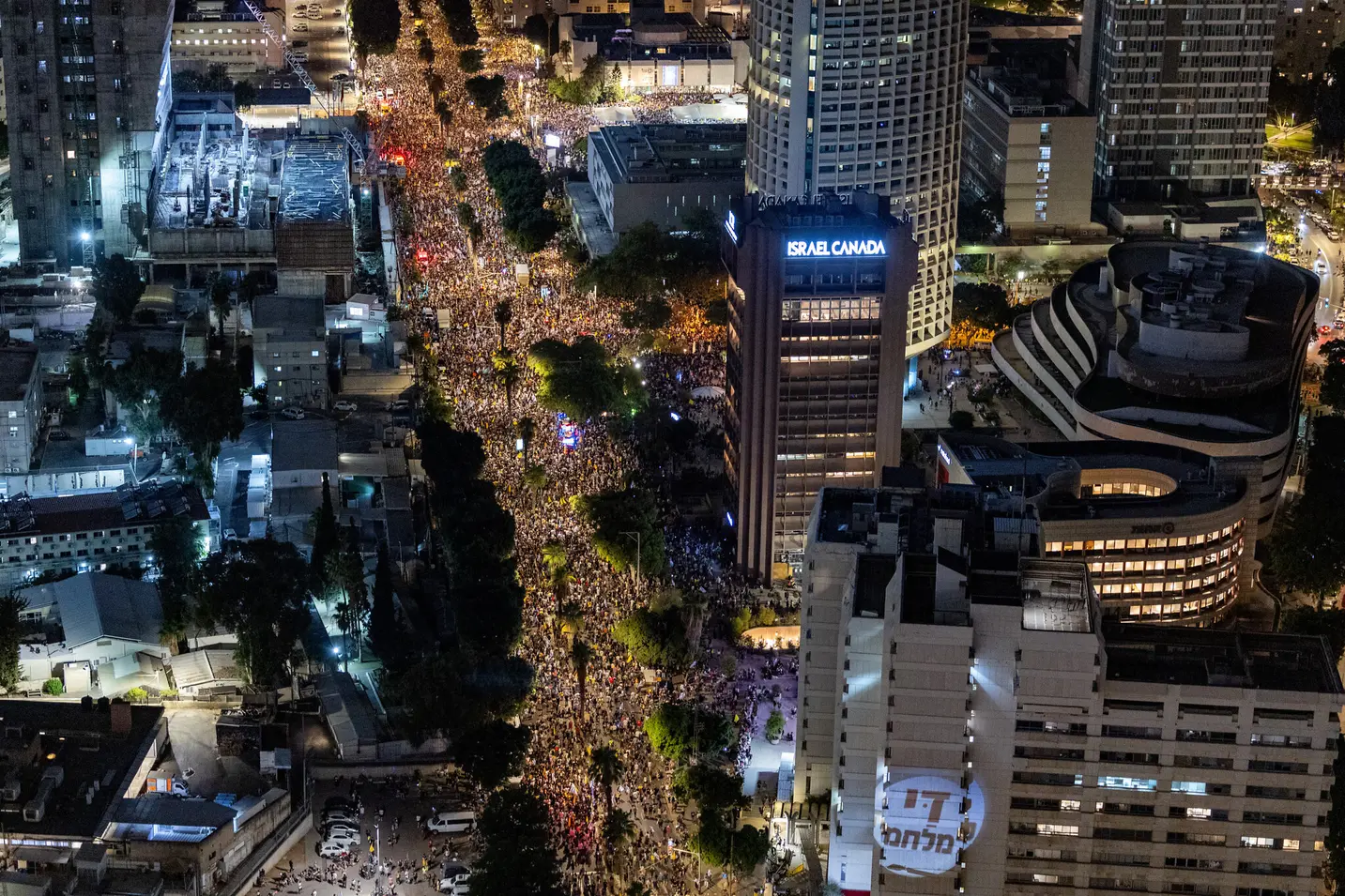
Tel Aviv rallies call for end to war and hostage release
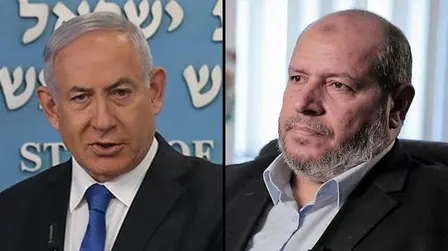
Hamas shows new willingness in hostage talks as Israel eases humanitarian policies
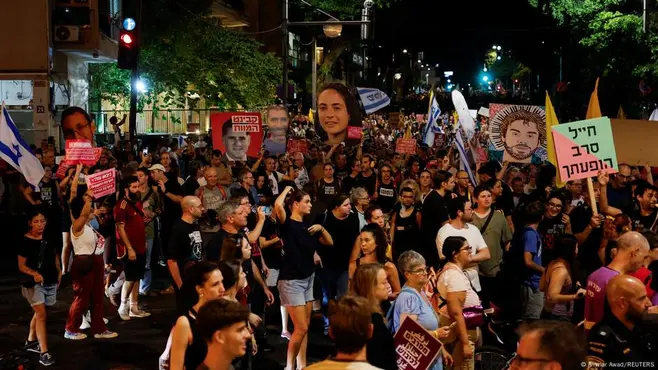
Israeli public mood shifts on Gaza war
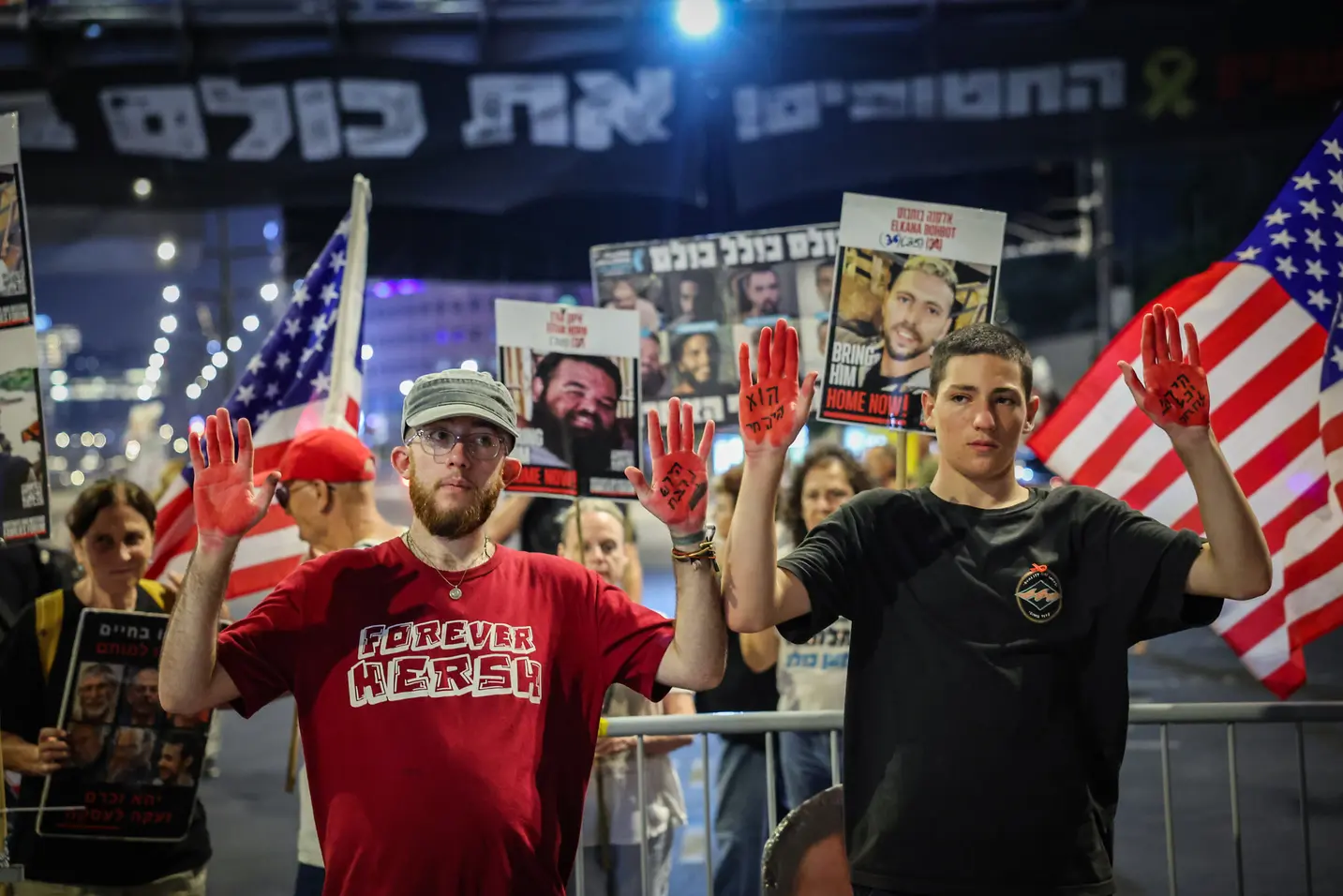
Hamas Signals Willingness to Ease Demands as Talks Resume
